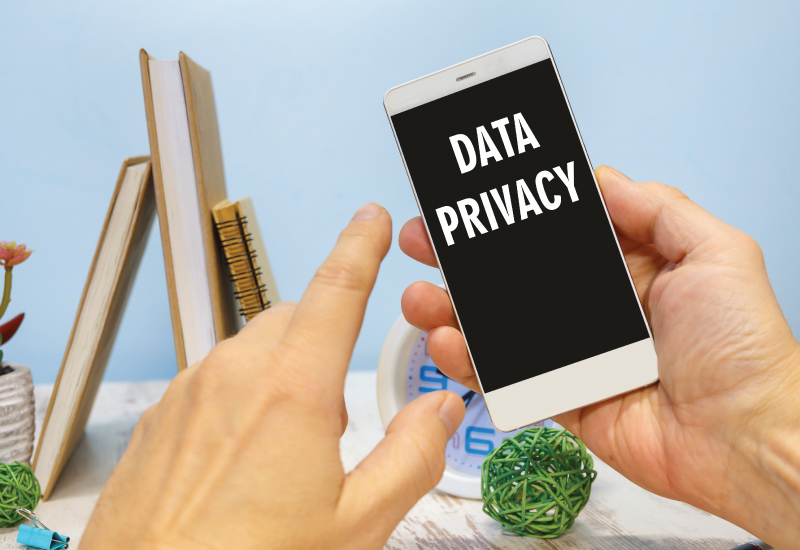
Thank You for Believing in Us. This Login feature is for Our Sales Representatives.
We will activate this feature for all our valuable customer Soon!
If You Are A Sales Representative of Cerf Solutions Please Enter Your Password:
Enter Your Random 6-Digit Number*
L

Enterprises around the world have realized the value of user data, hence technologies are being developed for more accurate sifting of data and a better understanding of consumers’ requirements. Enhancement in the computational powers of modern computers coupled with the rapid development of the technology has made it possible to process voluminous data to identify correlations and discover patterns in all fields of human activity which can be utilized for problem-solving ensuring targeted delivery of benefits, and bring new products and services to the market, etc.
Technology, though beneficial to mankind in general does have collateral disadvantages e.g. increasing use of smart devices in everyday life can lead to a loss of privacy for individuals, who may often not even be aware that they are being tracked or observed. Similarly, the ubiquitous presence of smart devices like mobile handsets has many benefits but it may also be a source of loss of privacy for the user e.g. when a user knowingly or unknowingly grants permission to access the camera and microphone of a smart device to an application may execute live streaming on the internet using camera and microphone, run real-time facial recognition algorithms, use advanced algorithms to create a three dimensional model of the user’s face, upload random frames of the video stream being accessed by the user, etc. Data collated by such applications over some time may be utilized for predictive profiling of the individual which may seriously jeopardize the data privacy of the users.
As stated earlier, Digital services and applications are accessed using telecommunication connectivity. When a user accesses an online application or social media website, the data generated passes through the telecom network. It is, therefore, that user privacy is ensured approximately in the telecommunications layer- both from external agents who may wish to cause harm to users (for instance, by stealing their data for purposes of fraud) and from entities in the telecom space who may wish to (mis)use user data that they have access to (for instance, in the form unsolicited target advertising).
It is worth reiterating that Telecom Service Providers (TSPs) control the “pipes” through which information is exchanged. Due to increasing computing power, TSPs may have an increased ability to analyse the contents of the pipe i.e. the data flow of the users, leading to obvious privacy concerns. In addition to TSPs, the widespread adoption of smart devices was not intelligent, now, smart devices (including Operating systems, Browsers, Applications, etc.) are increasingly playing a gate-keeping role over the network: they determine how users connect to and experience a network. As with TSPs, all user data flows through these smart devices, putting the Device manufacturers, Browsers, Operating Systems, & Applications, etc. in a prime position to collect and process the personal information of users. Given that all user data has to pass through TSPs (analogous to pipes) and devices analogous to faucets, appropriate steps must be taken to protect user privacy vis-à-vis these entities. In fact, the subject of data ownership privacy, and security is multidimensional and complex, and hence data consumers must be empowered to navigate safely and securely through the maze of the digital ecosystem.
As the economy increasingly moves to the digital/online world, it is all the more important that users are appropriately protected from all entities in the ecosystem that may seek to take advantage of their gate-keeping power. A failure to adequately protect the users from the very real possibility of harm (caused by the loss of privacy) may result in restricting the growth of the entire digital economy which include telecommunication services also.
To curb the menace of unsolicited commercial messages and calls countries and regions are coming up with privacy regulations that mandate the registration of businesses/ telemarketers such unsolicited communications and subscribers, consent for receiving the same.
Request for a DEMO.
Leave Comment